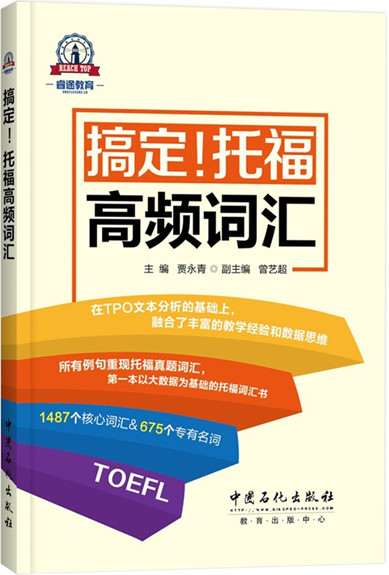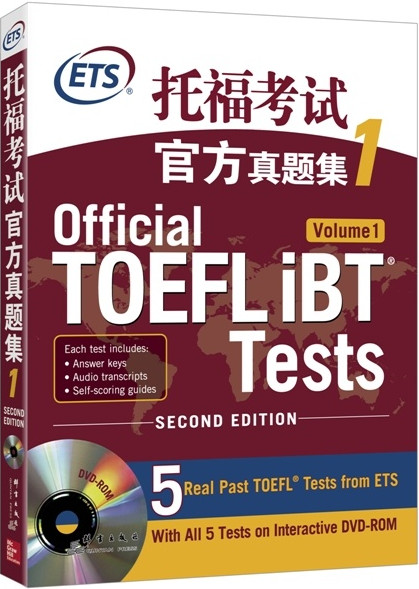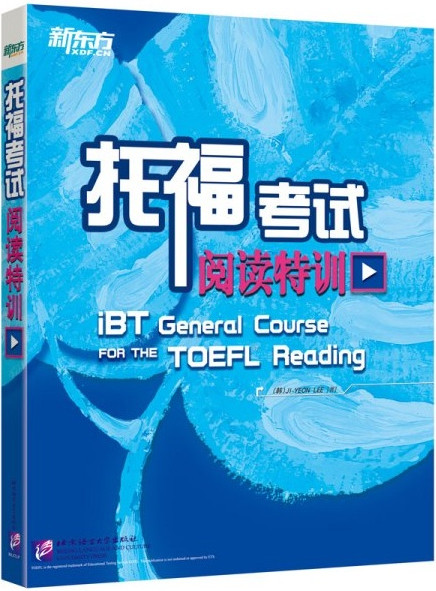托福阅读试题
1.According to paragraph 1,floral nectar andextrafloral nectar are alike in that
A.they are likely to be produced by the same plants.
B.they basically consist of the same chemicalcomponents.
C.they attract only insects that will defend the plant.
D.they are produced by the same parts of the plant.
2.To say that ants are "persistent" defenders of plants means that
A.they defend plants against a wide variety of threats.
B.they continue to defend plants for as long as the plants are threatened.
C.they are successful defenders of plants.
D.they are easily observable defenders of plants.
3.What can be inferred from paragraph 2 about the ants that are attracted to theextrafloral nectaries?
A.They do not eat the leaves of the plants that produce extrafloral nectar.
B.They live almost entirely on extrafloral nectar.
C.They spend most of their energy guarding extrafloral nectaries.
D.They frequently fight among themselves over extrafloral nectar.
4.According to paragraph 3, what was the position of the opponents of the"protectionist" hypothesis?
A.Extrafloral nectar provides plants with a direct defense against attack by insects.
B.Ants substantially benefit plants that secrete extrafloral nectar.
C.The secretion of extrafloral nectar plays a role in the plant’s internal functioning.
D.Ants visit plants that secrete extrafloral nectar as often as they visit plants that do not.
5.The word "skeptical" in the passage is closest in meaning to
A.curious.
B.doubtful.
C.open-minded.
D.practical.
6.Which of the sentences below best expresses the essential information jn thehighlighted sentence in the passage Incorrect choices change the meaning inimportant ways or leave out essential information.
A.We now have ample proof that ants benefit plants.
B.Barbara Bentley has called for additional proof that ants benefit plants.
C.In 1977 Barbara Bentley conducted research that proved that all prior studies were wrong.
D.Proof that ants benefit plants will require many more observations and experiments.
7.According to paragraph 4, what effect does the destruction of the corolla have onplants.
A.It leaves the seeds exposed and unprotected.
B.It prevents the stigma from developing.
C.It keeps pollen grains from attaching properly.
D.It prevents the flower from attracting pollinators.
8.The word "devour" in the passage is closest in meaning to
A.attack.
B.eat.
C.damage.
D.prefer.
9.What role does paragraph 5 play in the passage?
A.It offers various kinds of evidence for the protectionist view.
B.It presents the study that first proved that ants benefit plants.
C.It explains how insects find sources of nectar.
D.It presents information that partly contradicts the protectionist view.
10.The word "vulnerable" in the passage is closest in meaning to
A.numerous.
B.harmful.
C.open to attack.
D.difficult to locate.
11.According to paragraph 5, what did Bentley’s comparative study show?
A.Many more plants grew in places where ants were present than where they were absent.
B.The ants preferred plants with low seed production to plants with high seed production.
C.The plants occupied by ants produced many more seeds than those that were not occupiedby ants.
D.The plants that grew in places without ants were much smaller and weaker than those thatgrew in places where ants were present.
12.According to paragraph 5, ants defend morning glory plants from seed beetles ineach of the following ways EXCEPT:
A.driving adult beetles off the plants by nipping at their feet.
B.catching and eating adult beetles.
C.eating beetle eggs they find on developing fruits.
D.making it difficult for beetles to lay eggs on developing fruits.
13. Look at the four squares [■] that indicate where the following sentence could beadded to the passage. Where would the sentence best fit? Sometimes they capture theinsects to feed their protein-hungry larvae.
Ants are portably the most frequent and certainly the most persistent defenders of plants. ■【A】 Since the highly active worker ants require a great deal of energy, plants exploit thisneed by providing extrafloral nectar that supplies ants with abundant energy. ■【B】 Toreturn this favor, ants guard the nectaries, driving away or killing intruding insects that mightcompete with ants for nectar. ■【C】 Many of these intruders are herbivorous and would eatthe leaves of the plants. ■【D】
14. Directions: An introductory sentence for a brief summary of the passage of thepassage is provided below. Complete the summary by selecting the THREE answerchoices that express the most important ideas in the passage. Some answer choicesdo not belong in the summary because they express ideas that are not presented inthe passage or are minor ideas in the passage. This questions is worth 2 points.
Many plants have extrafloral nectaries that produce nectar even during periods inwhich the plant is not flowering.
A.Evolutionary history shows that plants that produce extrafloral nectar originated in thetropics.
B.Extrafloral nectar has a higher concentration of sugar than floral nectar and is moreattractive to ants and other insects.
C.The protectionist hypothesis is that extrafloral nextar attracts ants, and that the ants, inorder to preserve this energy-rich food source, attack insects that might harm the plant.
D.Evidence accumulated during the twentieth century proved that ants provide significantbenefits for plants with extrafloral nectaries.
E.Research has shown that American morning glory plants that are protected by ants producesignificantly more seeds than morning glory plants that are not protected by ants.
F.Ants generally ignore small insects, but they will eat the adults of large insect species aswell as their eggs and larvae.
- 05-22·2018年托福阅读练习试题汇总
- 05-11·2018年托福阅读材料之天文常识
- 04-06·2018年托福考试阅读试题(二)
- 04-05·2018年托福考试阅读试题(一)
- 03-31·2018年托福阅读练习试题:美国汽车城底特律
- 05-222018年托福阅读练习试题汇总
- 05-112018年托福阅读材料之天文常识
- 02-102018年托福阅读模拟试题汇总(15套)
- 11-302017年托福阅读模拟试题汇总
- 11-242017年托福阅读模拟试题:费城
编辑推荐
- 模拟试题
- 历年真题





